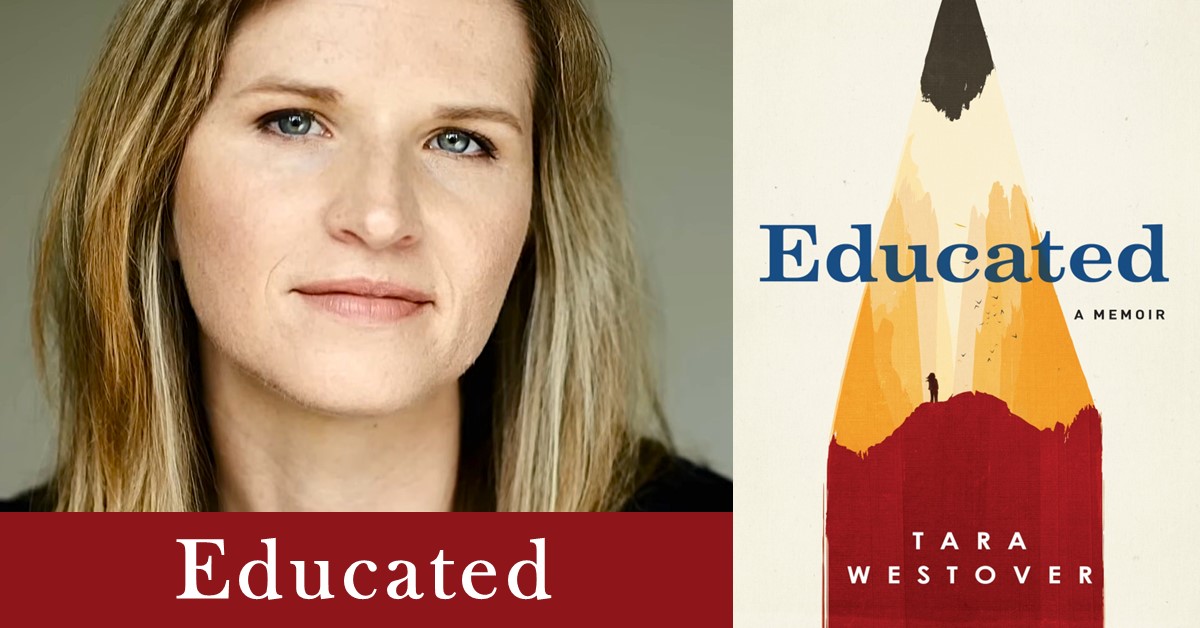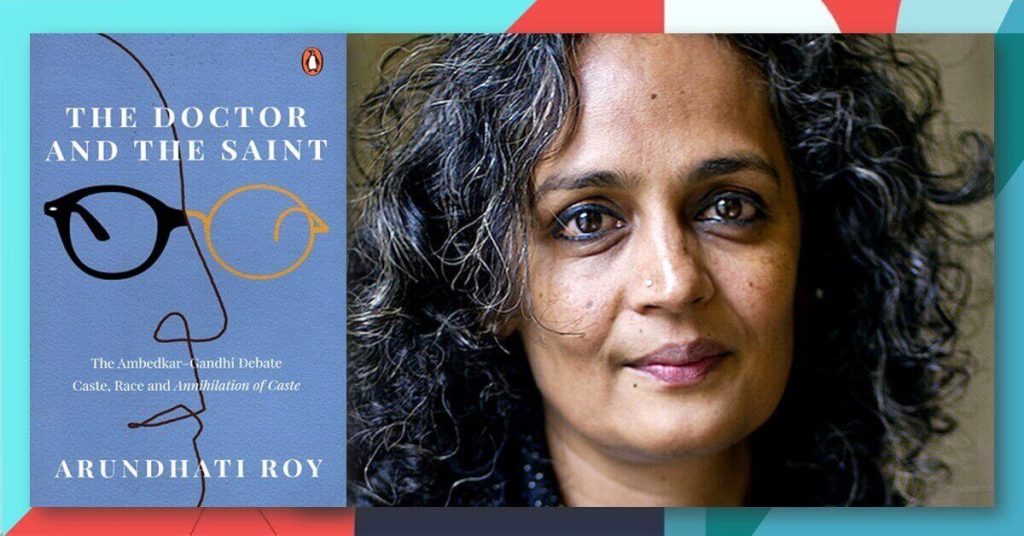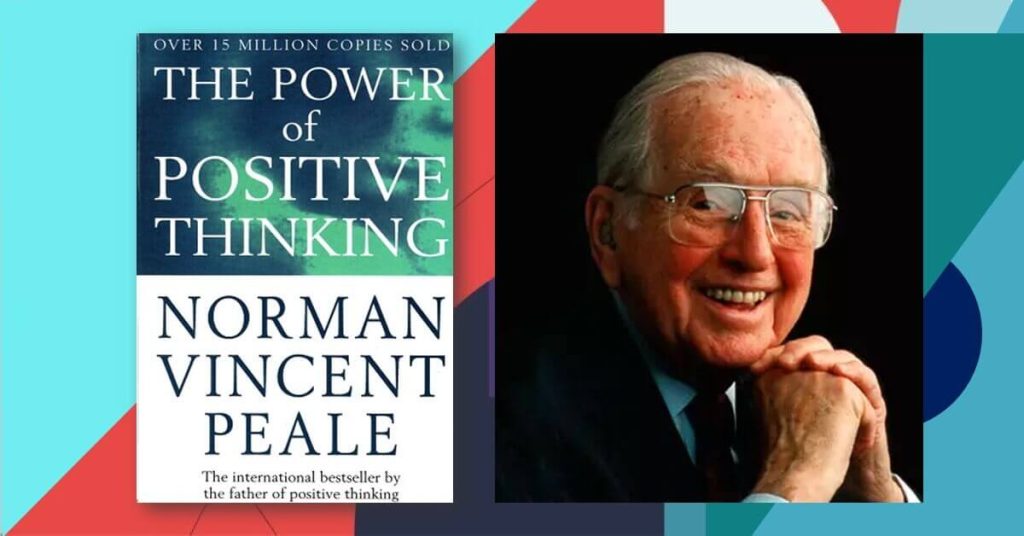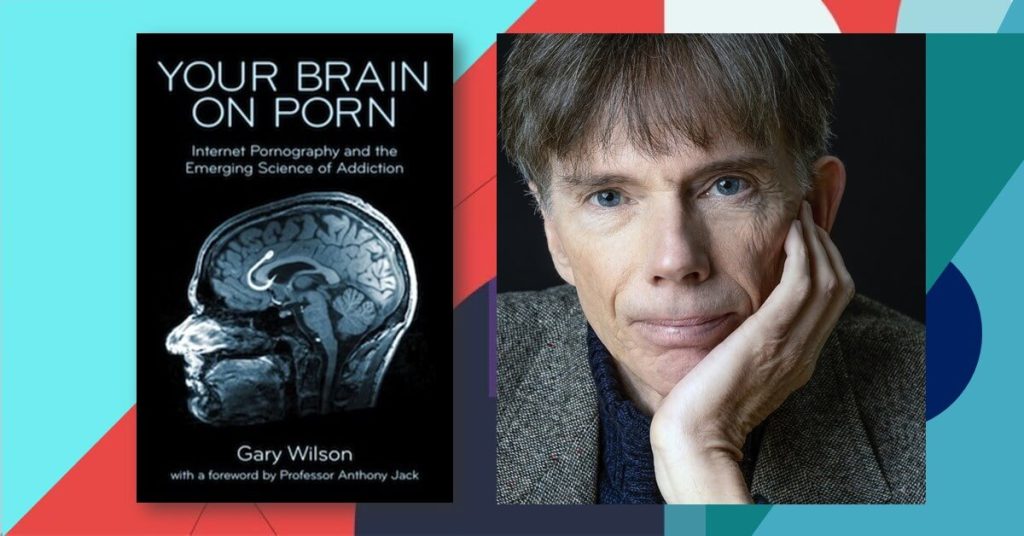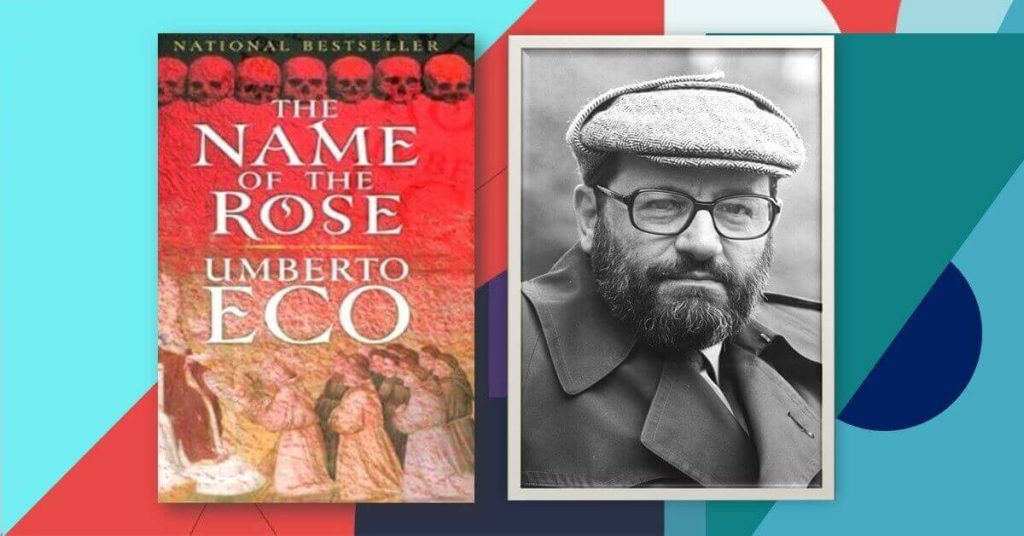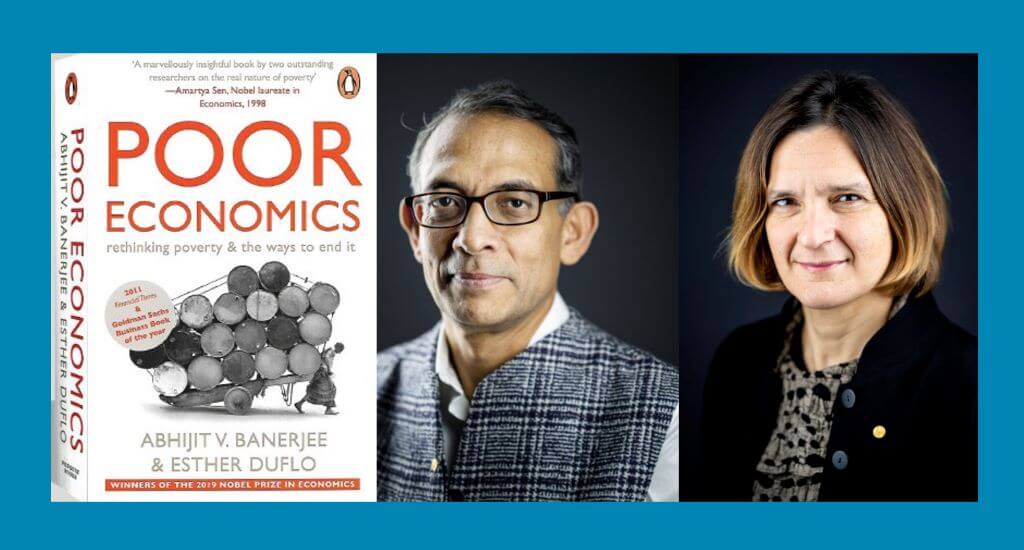Educated is Tara Westover’s memoir that profoundly explores the resilience, self-discovery, and transformative power of education.
Born into a Mormon survivalist family in the mountains of Idaho, Westover grew up in an environment where formal education was dismissed as a tool of government indoctrination, and medical care was replaced by herbal remedies and faith.
Her memoir chronicles her extraordinary journey from a childhood devoid of schooling to earning a PhD from the University of Cambridge, a feat that feels almost miraculous given her beginnings.
Since its publication, Educated has garnered widespread acclaim, becoming a New York Times Bestseller and earning a place on Bill Gates’ list of favorite books. The book was appreciated by the former US first lady, Mitchel Obama, Elen De Generous, Oprah Winfrey, and Gates himself described it as “even better than you’ve heard,” a testament to its universal appeal and emotional depth.
The memoir has resonated with readers worldwide, selling over 6 million copies and being translated into 45 languages, a staggering figure that underscores its global impact.
The purpose of this review is to delve into the themes, writing style, and emotional resonance of Educated. Westover’s story is not just about escaping her past; it is about reconciling with it, understanding the complexities of family, and redefining oneself against all odds. As she writes in the prologue, “I am only seven, but I understand that it is this fact, more than any other, that makes my family different: we don’t go to school”. Tara says she did not have a birth certificate until she is nine and went to college until 17.
This simple yet haunting statement sets the stage for a narrative that is as much about the pursuit of knowledge as it is about the cost of breaking free.
Westover’s prose is both lyrical and unflinching, capturing the stark beauty of her Idaho home and the emotional turmoil of her upbringing.
Her ability to weave together moments of tenderness and brutality is what makes Educated one of the best memoirs of our time. It is a story that challenges us to reflect on the meaning of education, not just as a means of acquiring knowledge, but as a tool for liberation and self-definition.
As I read Educated, I was struck by how Westover’s journey mirrors the universal human struggle to find one’s place in the world. Her story is a reminder that education is not just about degrees or accolades; it is about the courage to question, to seek, and to grow. In her own words, “An education is not so much about making a living as making a person”. This sentiment lies at the heart of Educated, making it a timeless and deeply personal narrative that continues to inspire and provoke thought.
In the following review, I will explore the key themes of the memoir, analyze Westover’s writing style, and reflect on the emotional impact of her story.
Through this analysis, I hope to shed light on why Educated by Tara Westover has become a modern classic, resonating with readers across the globe and cementing its place among the best memoirs ever written.
Summary
Tara Westover’s Educated is a deeply personal memoir about family, survival, identity, and education. Born in rural Idaho to a strict, survivalist family, Tara’s upbringing was one of isolation and hardship, where formal education was considered unnecessary and even dangerous. Her family lived in fear of government intervention and believed in preparing for the apocalyptic “Days of Abomination,” keeping to themselves on Buck’s Peak.
Central to the memoir is Tara’s journey from growing up in a family that rejected traditional schooling to ultimately earning a PhD from Cambridge University.
Her early years were spent in a volatile household, dominated by her father’s extreme beliefs. Without birth certificates, medical records, or school attendance, Tara and her siblings were virtually invisible to the government, isolated from the outside world.
Tara’s lack of formal education is one of the major themes in the book. Her father believed that the government was out to control the family, and he did everything he could to keep them off the grid. This included forbidding traditional schooling. Instead, Tara learned from her surroundings—bottling peaches, rotating supplies, and listening to her father’s stories.
However, she eventually yearned for more, encouraged by her brother Tyler to take the ACT and apply to Brigham Young University (BYU).
Once in the academic world with little ideas about the real world, Tara struggled with the weight of her past. At BYU, she found herself surrounded by people who had grown up with vastly different experiences. She battled both external challenges, such as financial difficulties and cultural differences, and internal ones, like self-doubt and trauma from her childhood.
The theme of identity is woven throughout the memoir as Tara tries to reconcile her loyalty to her family with her desire for independence. Her father, Gene, believed that education made her “uppity,” as though it detached her from her roots.
Her brother Shawn’s abusive behavior further complicated Tara’s sense of self-worth, as she endured physical and emotional violence while grappling with her sense of duty to her family.
Educated is also a story of resilience. Tara’s journey is marked by tremendous personal growth, as she gradually comes to terms with her upbringing and realizes the need to break free from the toxic environment of her childhood. Despite her family’s attempts to undermine her self-worth, Tara continued to push forward, eventually earning a Gates Cambridge Scholarship and completing her PhD at one of the world’s most prestigious universities.
Through themes of education, family, and personal strength, Tara’s memoir highlights the transformative power of knowledge and self-discovery. Her story is a proof to how resilience and courage can lead someone from complete isolation to achieving their greatest aspirations.
For readers seeking a powerful narrative on overcoming adversity, Tara Westover’s story serves as a compelling memoir about education, perseverance, and the complexity of family ties. It is a vivid reminder that no matter how far one must go to find themselves, the journey is often worth the struggle.
This Educated summary encapsulates the key elements of Tara Westover’s life, her transformation, and the indomitable spirit of someone who broke free from a world that tried to confine her. It’s not just a memoir about education—it’s a story of reclaiming identity against all odds.
Key Themes and Takeaways from Educated by Tara Westover
Tara Westover’s memoir Educated is a powerful narrative of personal transformation, self-discovery, and the profound impact of education.
From her secluded upbringing in rural Idaho to her eventual journey through higher education, Westover’s story unfolds across themes such as the transformative power of education, the tension between family loyalty and self-discovery, and the deep mental and emotional impacts of trauma.
The Transformative Power of Education
One of the most prominent themes in Educated is the transformative power of education. For Westover, education becomes a key to unlocking a world outside her family’s isolated and survivalist existence.
Her path to formal education, however, is fraught with obstacles, as her family does not believe in the education system. Raised without formal schooling, she grows up in a strict and patriarchal household, where her father views government institutions with suspicion and fear.
Westover’s educational journey begins in earnest when she teaches herself enough math and grammar to gain admission to Brigham Young University. She writes, “The decisions I made after that moment were not the ones they would have made. But I made them, and they were mine”.
Education becomes more than just a pursuit of knowledge; it is an act of rebellion and independence that allows her to redefine her identity outside her family’s influence.
At BYU, Westover experiences firsthand the world beyond her home—both its opportunities and its complexities.
She soon realizes that her lack of knowledge about basic history, science, and social norms sets her apart from her peers. The realization that she doesn’t know what the Holocaust is leads her to feel ashamed but also fuels her determination to close the gap in her learning: “In retrospect, I see that this experience was an essential part of my education. I had to break myself to learn who I was”.
Westover’s progression through her educational career—from BYU to Cambridge and eventually to Harvard—illustrates the transformative potential of education.
It is not just about academic achievement; it’s about reshaping her worldview, breaking free from the mental confines of her upbringing, and reconstructing her self-worth. Her journey shows the reader how education empowers individuals to question, reflect, and grow.
Family Loyalty and Self-Discovery
Another significant theme in Educated is the tension between family loyalty and self-discovery.
Westover’s loyalty to her family is one of the central struggles throughout the memoir, and it intensifies as she grows intellectually and emotionally. Her family, particularly her father, sees her pursuit of education as a rejection of their way of life.
This belief pits Westover’s desire for growth and autonomy against her ingrained loyalty to her family’s values.
This crisis is embodied in Westover’s relationship with her father, who believes in survivalism, homeopathic remedies, and a rejection of formal education. He fears that Tara’s pursuit of education will distance her from the family’s way of life.
Her father once tells her, “You can leave the mountain, but it will never leave you”, reflecting his belief that family and tradition should take precedence over personal discovery and ambition.
Her struggle for self-discovery becomes more pronounced as she begins to distance herself from the mental and emotional control her family exerts over her.
She describes a moment of deep conflict when she returns to her family after having spent time away at college. Torn between two identities, she writes, “It’s strange how you give the people you love so much power over you”. This realization marks the beginning of her emotional journey away from her family, despite the heartache it causes her.
Eventually, Westover’s need for self-discovery wins over her loyalty to her family.
But the choice comes at a great personal cost. Her relationship with her family becomes strained, with some members cutting ties with her entirely. This severing of familial bonds exemplifies the painful reality that, for Westover, the pursuit of education and self-discovery comes at the cost of belonging and connection.
Mental Health and the Impact of Trauma
A major aspect of Westover’s story is her reckoning with mental health and the long-lasting impact of trauma.
Throughout her childhood, she endures physical and emotional abuse, particularly from her brother Shawn. These experiences, compounded by the isolation of her upbringing and her father’s volatile, paranoid behavior, deeply affect her sense of self and her mental well-being.
Westover’s portrayal of her father suggests he may have suffered from an undiagnosed mental illness, possibly bipolar disorder.
His erratic behavior and extreme paranoia about government conspiracies create an unstable home environment. Her father’s distrust of medical professionals means that even when family members are seriously injured, they are treated at home with herbal remedies, increasing Westover’s sense of vulnerability. The impact of this untreated trauma is clear when Westover reflects, “I had to believe in my father’s world because if he was right, then I had no reason to leave. And if he was wrong, what would that make me?”.
The physical abuse she experiences at the hands of Shawn leaves her emotionally scarred, but it also becomes a turning point for her self-empowerment.
As she distances herself from her family, she begins to address the trauma she has endured. Therapy and education help her process and understand the psychological toll that her upbringing has taken on her. She writes, “What’s it like to be free? I used to think it meant being able to do whatever you want. Now I think it means knowing who you are”.
In many ways, Educated is not just about overcoming physical and emotional abuse but also about Westover’s journey toward healing.
By acknowledging the trauma and breaking away from the belief systems imposed by her father, she begins to reclaim her mental and emotional health. Yet, she never portrays this as an easy or linear process. It is fraught with setbacks, internal conflict, and doubt.
Reflection and Critique of Educated by Tara Westover
Tara Westover’s Educated is an extraordinary memoir that is not merely a story about education but a profound exploration of identity, resilience, and the journey of self-awareness.
The book, chronicling Westover’s journey from an unorthodox upbringing in rural Idaho to academic success at Cambridge and Harvard, resonated with me deeply for several reasons.
What Resonated with Me
What resonated most was the central theme of self-transformation. Westover’s battle to reconcile her past with her present spoke volumes about the power of education and personal growth.
Her description of feeling split between the girl she once was and the woman she became is evocative of the tension many feel when transitioning into adulthood. She writes, “It had played out when, for reasons I don’t understand, I was unable to climb through the mirror and send out my sixteen-year-old self in my place”. This poignant realization highlights the psychological struggle between the past and present selves, a theme that is universally relatable.
I appreciate Tara’s realisation of the value of education, and mostly the institutions that opened the door to her which redefined the definition of schooling and learning as a whole. These combined efforts helped her to emerge as a completely new person in the realm of education which I cannot help but be dazzled by her journey to the acquisition of knowledge.
Westover’s portrayal of her father’s mental illness, though heartbreaking, was also one of the most humanizing aspects of Educated.
The disillusionment she experiences when realizing her father’s paranoia and delusions shaped their lives so profoundly—believing that “the Government would come after folks who resisted its brainwashing”—is both tragic and revealing. It speaks to the broader issue of how children are shaped by their parents’ beliefs, whether those beliefs are rational or not.
In contrast to many memoirs that focus primarily on physical survival, Educated dives deeply into emotional survival. Westover’s struggle is as much internal as it is external, and this struggle is where her memoir shines.
Her journey from a survivalist family to a world of intellectualism underscores the transformative power of knowledge.
Comparison to Other Popular Memoirs
The Glass Castle by Jeannette Walls is a poignant and deeply personal memoir that chronicles the author’s unconventional and often harrowing upbringing.
Told with a blend of candor, humor, and resilience, the book explores themes of poverty, family loyalty, and the enduring human spirit.
Jeannette’s parents, Rex and Rose Mary Walls, are central to the narrative. Rex is a charismatic but deeply flawed man, a dreamer who spins grand plans—like building a “glass castle” for his family—but is often undone by his alcoholism and inability to provide stability. Rose Mary, an artist and free spirit, is equally unconventional, prioritizing her creative pursuits over the practical needs of her children.
Together, they raise Jeannette and her siblings in a nomadic, chaotic lifestyle, moving from one desolate town to another, often living in squalor and facing hunger and neglect.
Despite the hardships, Jeannette and her siblings—Lori, Brian, and Maureen—develop a fierce independence and resourcefulness. The memoir captures their struggles to survive in a world where their parents’ ideals often clash with the harsh realities of their circumstances.
Rex’s dreams of striking gold or building the glass castle remain unfulfilled, yet his children find ways to carve out their own paths, driven by a desire for stability and a better life.
The narrative is both a critique and a tribute to the Walls family. Jeannette portrays her parents with a mix of frustration and love, acknowledging their flaws while also recognizing the ways in which their unconventional worldview shaped her. The memoir delves into the complexities of familial bonds, illustrating how love and dysfunction can coexist.
When compared to other popular memoirs like Jeannette Walls’ The Glass Castle, Educated stands out for its intellectual rigor and emphasis on the power of formal education. Both memoirs detail the author’s escape from a difficult childhood, but whereas Walls’ story focuses on the physical hardships of growing up in poverty, Westover’s narrative leans more toward the psychological toll of being raised in isolation from mainstream society. Both authors face abusive environments, but the differences lie in the responses.
Westover’s transformation hinges on academic enlightenment, while Walls’ is about survival and resilience amidst chaos.
Moreover, Educated stands apart in its portrayal of self-education. Westover’s journey is not just about breaking free from a restrictive family but about discovering the world through books and knowledge.
In contrast, The Glass Castle often explores the survivalist instinct in a more practical sense, as Walls describes her family scavenging for food and shelter. In Educated, knowledge itself becomes the tool of survival, providing Westover with a path to escape her circumstances.
Strength in Vulnerability
One of the most compelling aspects of Westover’s memoir is her vulnerability. Her reflections on her mental health—especially her internal struggle to trust her memories and sense of self—are heartbreaking and relatable. She confesses, “I began to defer, always, to the judgment of others”, revealing the lasting psychological damage inflicted by her family dynamics.
This self-doubt permeates the narrative, making it more than just a tale of overcoming adversity; it is a raw examination of the long-term effects of psychological abuse.
The Human Cost of Education
A unique aspect of Westover’s memoir is her nuanced view of education. While she celebrates the power of learning, she also does not shy away from depicting the costs associated with it. At one point, she reflects, “I had begun to conceive of what my education might cost me, and I had begun to resent it”. The alienation she feels from her family, particularly after winning a fellowship to Harvard, illustrates the emotional toll that education exacts on her personal life.
This theme of loss is not uncommon in memoirs about personal transformation, but Westover handles it with particular grace, acknowledging that while education can open doors, it can also close others.
Her estrangement from her family is one of the book’s most painful outcomes, and she grapples with whether the sacrifice was worth it. This is where Educated diverges from other memoirs that present education as an unequivocal good; Westover’s experience is far more complex.
Educated deserves its place among the best memoirs to read for its powerful narrative, intellectual depth, and raw emotional honesty.
It is a book that challenges the reader to think about the meaning of education—not just in the academic sense but in terms of personal growth and self-awareness. Westover’s story is both inspiring and sobering, a reminder that the pursuit of knowledge comes with both rewards and sacrifices.
For readers interested in memoirs like The Glass Castle or Wild by Cheryl Strayed, Educated offers a thought-provoking alternative that delves into the intellectual journey of self-discovery. With its rich exploration of family, identity, and resilience, Educated is not just a memoir about escaping a difficult past—it’s a testament to the transformative power of education in all its forms.
Overcoming Adversity and the Power of Education
At its core, Educated is a story about the human spirit’s capacity to overcome adversity through the pursuit of knowledge.
Westover’s childhood in rural Idaho was marked by isolation, strict religious beliefs, and a lack of formal education. The memoir illustrates the stark contrast between her upbringing and her academic journey, which becomes a metaphor for self-liberation. As Westover explains, “I had been educated in the rhythms of the mountain”—a reference to the survivalist skills and religious dogma imparted by her father—but her yearning for a broader education eventually pulls her away from this life.
The memoir showcases how education can break the chains of ignorance and allow individuals to see the world from a different perspective.
The universal theme of overcoming adversity is what makes Educated so inspirational. Westover’s journey from an uneducated, invisible child—lacking even a birth certificate—to an accomplished scholar demonstrates that education is not merely about academic achievement, but about self-discovery and reclaiming one’s own narrative.
This theme strikes a chord in today’s society, where conversations about access to education and personal agency are more important than ever.
Relevance to Current Social and Cultural Discussions
Educated also speaks to contemporary social and cultural issues, particularly those surrounding family dynamics, trauma, and mental health. Westover’s family, especially her father, is portrayed as being trapped by paranoia and distrust of governmental institutions, which reflects broader issues in society regarding extremism and the rejection of mainstream narratives. Her father’s preparation for the “Days of Abomination”—a belief that the government is corrupt and that society will collapse—parallels current discussions about ideological isolation and the consequences of extremism in today’s divided world.
The memoir also addresses the lasting effects of family trauma. Westover’s reflections on her relationships with her parents and siblings illustrate the complex interplay between loyalty and personal freedom. Her father’s erratic behavior and violent tendencies, possibly exacerbated by untreated mental illness, contribute to an atmosphere of fear and control.
Westover writes, “I didn’t understand why not. Until Mother decided to get my birth certificate, not knowing my birthday had never seemed strange”, which highlights the disconnect from societal norms her family experienced. These family dynamics resonate with readers who have faced their own challenges within complex familial relationships, making Educated a relatable narrative even in its most extreme circumstances.
Inspirational Memoirs and Educated’s Impact
One of the reasons Educated continues to be a must-read is its place within the genre of inspirational memoirs.
It stands alongside works like The Glass Castle by Jeannette Walls and Wild by Cheryl Strayed, both of which also explore themes of hardship and self-actualization.
What sets Westover’s memoir apart, however, is the way in which she navigates the tension between her love for her family and her need to break away from their limiting worldview. Her internal struggle—choosing between family loyalty and personal growth—is a powerful reminder of the sacrifices that often accompany personal transformation.
In terms of societal relevance, Educated is timely in its exploration of the role of women in education and society.
Westover’s struggle to access education mirrors the challenges faced by many women around the world who are denied opportunities simply because of their gender. Her eventual success serves as an inspirational beacon for anyone fighting for their right to education.
According to UNESCO, Globally, 251 million children, adolescents, and youth remain out of school, with only a 1% reduction since 2015. Of this population, 122 million are girls. The out-of-school rate is highest in low-income countries at 33%, compared to 3% in high-income, and Westover’s story is a poignant reminder of how transformative access to education can be.
Why Read Educated?
For anyone wondering why read Educated, the answer lies in the book’s ability to speak to the universal human experience of growth and self-realization.
It is an inspirational memoir that not only recounts a remarkable personal journey but also challenges readers to reflect on the role of education in their own lives.
Westover’s story is a testament to the resilience of the human spirit and the belief that no matter where we start, we have the power to shape our own destinies through knowledge.
Reading Educated is an intellectually enriching experience, not just for those who are interested in memoirs, but for anyone who values the power of education and self-determination.
FAQ
Frequently Asked Questions (FAQ)
1. Is Educated a true story?
Yes, Educated is a true story. It is a memoir written by Tara Westover, chronicling her upbringing in a strict and isolated household in rural Idaho. The book details her journey from being home-schooled with no formal education to earning a PhD from Cambridge University.
2. What is the main message of *Educated*?**
The main message of Educated centers on the transformative power of education. It highlights how education can open up new possibilities, help overcome personal and social limitations, and provide a path to independence and self-realization, even when facing adversity.
3. How long does it take to read Educated?
On average, it takes around 10 to 12 hours to read Educated based on a standard reading pace. However, the actual time may vary depending on your reading speed and level of engagement with the material.
4. Is Educated worth reading?
Yes, Educated is highly worth reading. It has received widespread critical acclaim for its raw, powerful storytelling and its exploration of complex themes such as family, identity, and the pursuit of knowledge.
Tara Westover’s journey of self-discovery and resilience resonates with readers, making it a compelling and thought-provoking memoir.
5. What is Educated about?
Educated is a memoir by Tara Westover, telling the story of her life growing up in a strict, survivalist family in rural Idaho.
Denied a formal education, Westover self-taught her way out of her isolated upbringing, eventually going on to study at prestigious institutions like Harvard and Cambridge. The memoir delves into themes of education, self-invention, and the struggle for personal autonomy against the backdrop of family loyalty.
Conclusion
Educated is a compelling story of resilience, courage, and the search for identity. It highlights the transformative power of education, not only as a means of intellectual growth but also as a catalyst for personal empowerment and freedom.
Westover’s struggle to balance loyalty to her family with her need for self-discovery resonates throughout the memoir, offering readers a deeply personal and emotional journey.
By confronting the traumas of her past and embracing the power of education, Westover provides a poignant reflection on the ways we define ourselves and the sometimes painful cost of growth and transformation.
